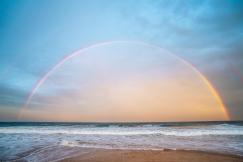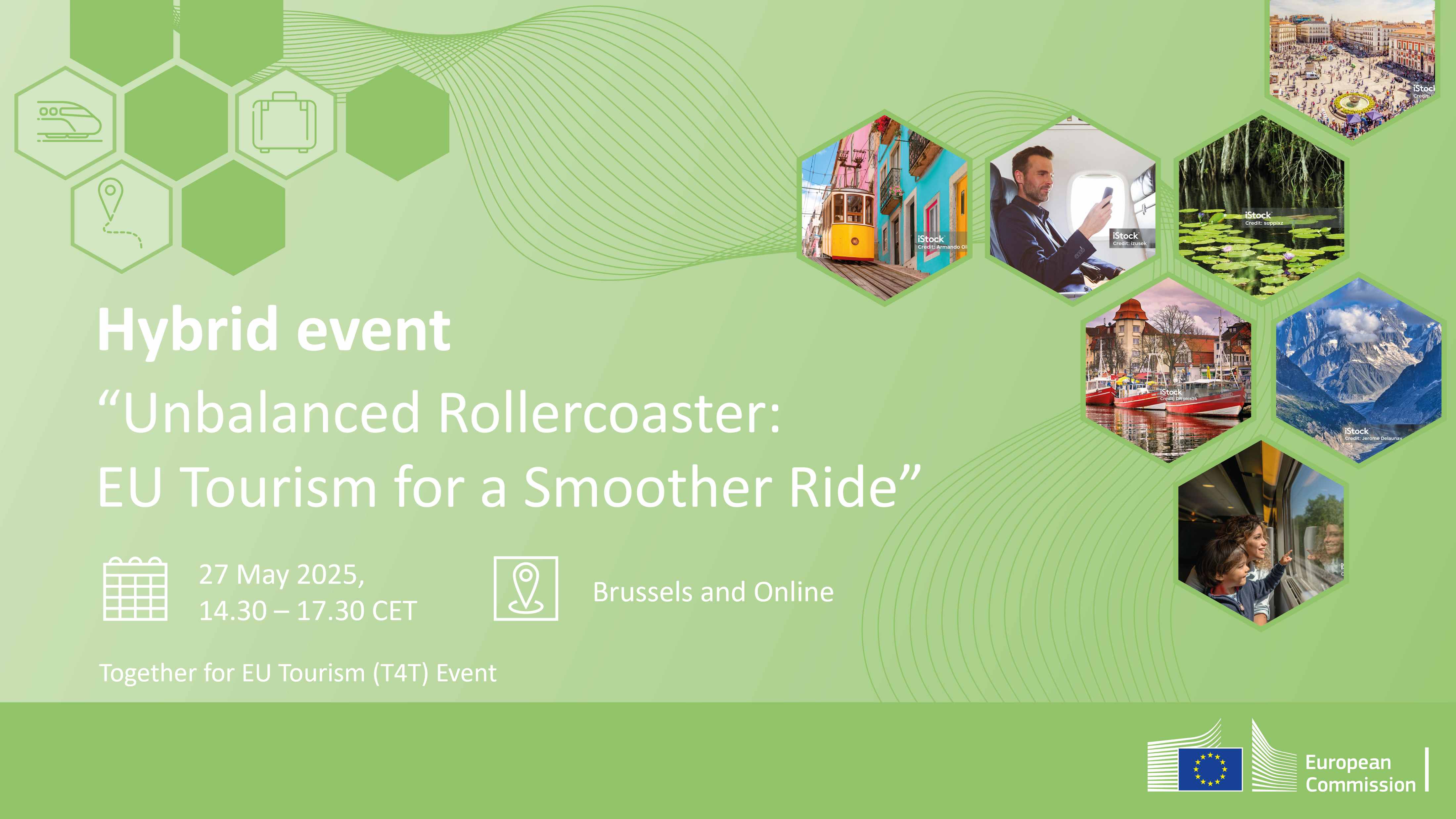News
06 August 2025
Sea-Friendly Tourism Revamps Europe's Coastal Experience
News
06 August 2025
Adventure tourism
Coastal, maritime and inland water tourism
Ecotourism
+9 more
Login / create an account to be able to react
-
16

From underwater archaeology to eco-conscious whale-watching, Europe's Atlantic islands are setting a new standard in sustainable coastal tourism, turning maritime exploration into a tool for conservation and cultural celebration.
Euronews
Euronews
Topics
Portugal
Spain
Academic / Research and VET Institutions
Cultural and Heritage Organisations
Destination Management & Marketing Organisations
International Organisations
Other
-
Specific types of tourism
-
-
Adventure tourism
-
Coastal, maritime and inland water tourism
-
Ecotourism
-
-
Transition Pathway Strategic Areas
-
-
Changes in tourism demand and opportunities
-
Governance of tourism destinations
-
R&I on climate-friendly tourism
-
Tourism strategies
-
-
Business activities
-
-
Other
-
Other amusement and recreation activities
-
Tour operator activities
-
Travel agency activities
-
Water (sea, coastal and inland) passenger transport
-
Share
As summer brings waves of tourists to European shores, growing discontent over the impacts of mass tourism is sparking protests from Barcelona to Venice. However, the Atlantic islands like the Azores and Canary Islands are charting a different course by embracing sea-friendly tourism. On Faial Island, the EU-backed ecoRoute project is turning underwater archaeological sites into educational attractions for divers, preserving maritime heritage while inviting sustainable exploration. In Tenerife, the TWINNEDbySTARS initiative offers whale-watching tours led by scientists, using eco-friendly boats and hydrophones to educate visitors with minimal ecological disruption. These projects exemplify a broader shift towards sustainable tourism that respects and preserves cultural and natural oceanic treasures. As the largest sector in Europe's blue economy, coastal tourism is vital, but it must evolve to safeguard its future. By fostering meaningful connections between visitors and the ocean, these innovative approaches hope to inspire a new era of environmentally conscious travel.
#Sustainable Tourism #Eco-Friendly #Underwater Heritage #Marine Conservation #Cultural Preservation
Comments (0)
Related content
See also
Register and join our monthly discussion on the changes shaping European tourism in 2025!
- Categories
- Coastal, maritime and inland water tourism Cultural tourism Ecotourism +64 more
Lact call for registrations in Hybrid event "Unbalanced Rollercoaster - EU Tourism for a Smoother Ride"
- Categories
- Coastal, maritime and inland water tourism Cultural tourism Ecotourism +64 more
Access the new Sustainable EU Tourism Communication Toolkit for tourism stakeholders
- Categories
- Coastal, maritime and inland water tourism Cultural tourism Ecotourism +64 more







